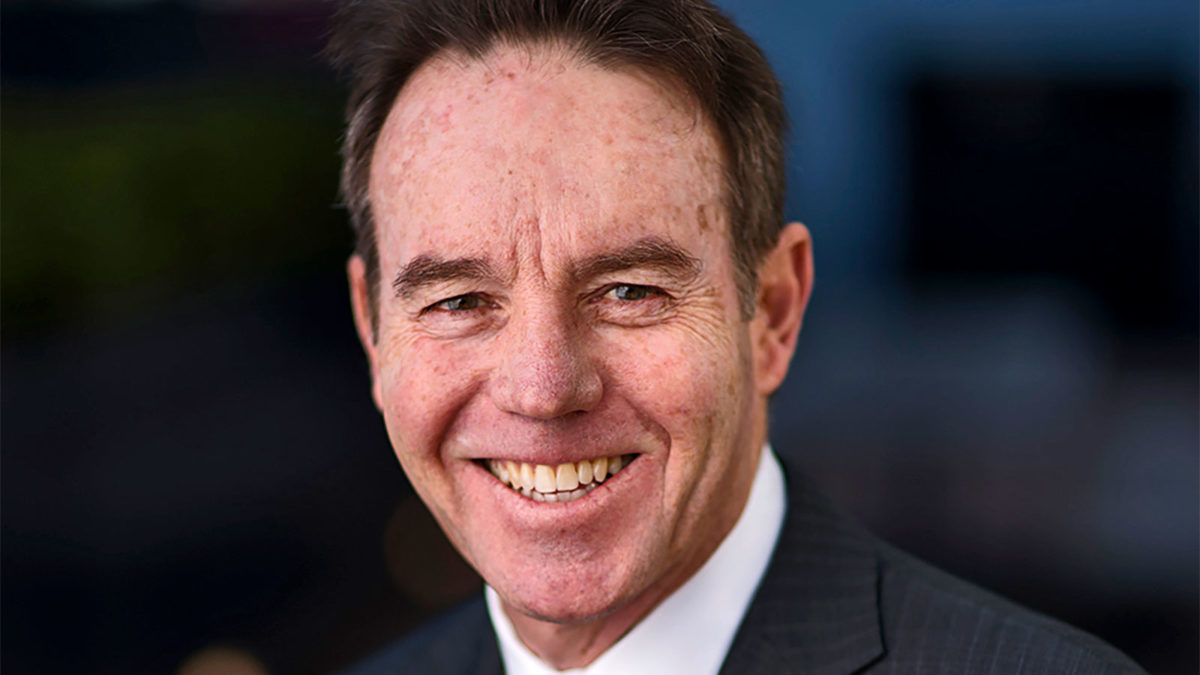YFYS short-termism can’t hurt ESG: Summerhayes
Geoff Summerhayes, former APRA executive, concedes that while the short-term nature of the Your Future Your Super (YFYS) test is a “challenge” for ESG investment, climate change is a mega-trend that demands more attention.
One of the main frustrations around the YFYS performance test has been that climate change does not occur on a regimented eight-year timeframe. Its impacts can be sudden and catastrophic – extreme weather events – or long-term and more subtle; for example, how does global temperature rise impact agriculture investment? But the key question yet to be answered is whether funds can actually comply with the test while still protecting member money from the physical impacts of climate change.
“One of the premises of that question is that there is a divergence between the stability and sustainability of the economic system and fund performance,” Summerhayes told the annual JANA Conference on Tuesday (September 14). “I don’t think there is a divergence; there is very strong evidence, and the weight of money is the primary piece of evidence, that to have economic sustainability you need to have environmental stability. You cannot do business on a dead planet – that just doesn’t wash.”
“The challenge for funds of course is this very short-term cycle, and I accept that short-term reporting is sometimes not helpful to long-term trends. That is difficult… but you need to think about all the asset classes and all the portfolios and not think about ESG and climate considerations as something off to the side, but about how you embed and understand that risk in the portfolios as a whole… this is a mega-trend that we’ll all look back on and wish we’d all done more sooner.”
Summerhayes was one of the driving forces behind APRA’s efforts on climate change during his time as executive member for insurance at the regulator, giving one of the country’s first speeches on the financial risks of climate change in 2017. At that time, Summerhayes warned that APRA would place “greater emphasis on stress testing for organisational and systemic resilience in the face of adverse shocks” and that “the days of viewing climate change within a purely ethical, environmental or long-time frame have passed”.
“Addressing climate change is still a lofty goal. But we no longer talk about it with the starry-eyed ambition of, say, building a space program from scratch or challenging NASA to put a man on the moon in the face of unbelievable uncertainty,” Summerhayes said. “We’re now at the stage of the collective effort, calibration and creativity to turn ambition into reality. What happens next isn’t just a matter for rocket scientists – but also humble prudential regulators.”
Of course, that stance has frustrated some in the superannuation sector who see it as at odds with APRA’s actual regulatory efforts. Their concerns have mainly fallen on deaf ears, with APRA’s current superannuation managers sticking by the “black and white” nature of the test while calling on trustees to do more thorough stress testing of portfolios.
Summerhayes – who has been a senior advisor at specialist climate advisory firm Pollination since April 2021 – also warned that consultants that failed to shift their capabilities around measuring carbon could soon find themselves overtaken by emergent rating agencies taking advantage of the fragmented availability of such data.
“My hosts here run the risk of being a stranded asset themselves if they weren’t to make that transition to providing those insights,” Summerhayes said. “This is a massive business opportunity for every sector of the economy about measuring carbon and understanding the risks of carbon, whether it be in agricultural or manufacturing or fast-moving consumer goods… There’s risk and opportunity, and there’s going to be a whole pile of vendors and people who have insight and are keen to actually sell that insight.”











